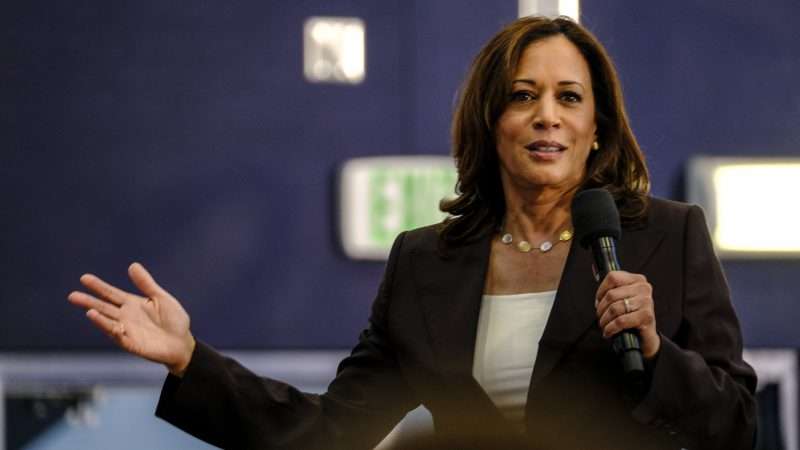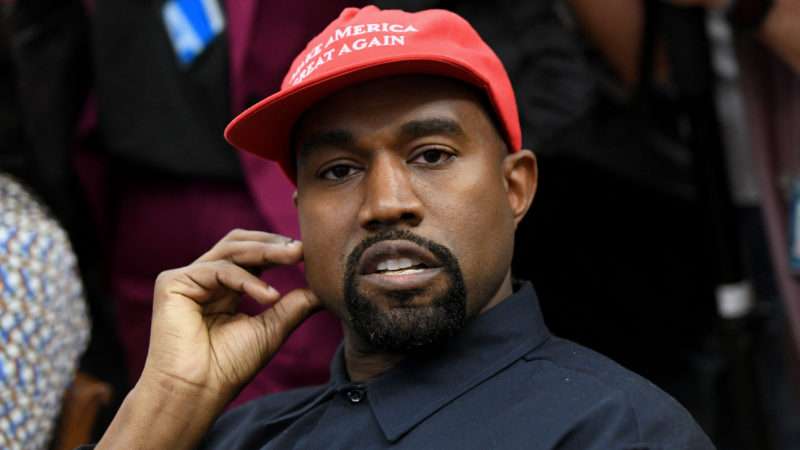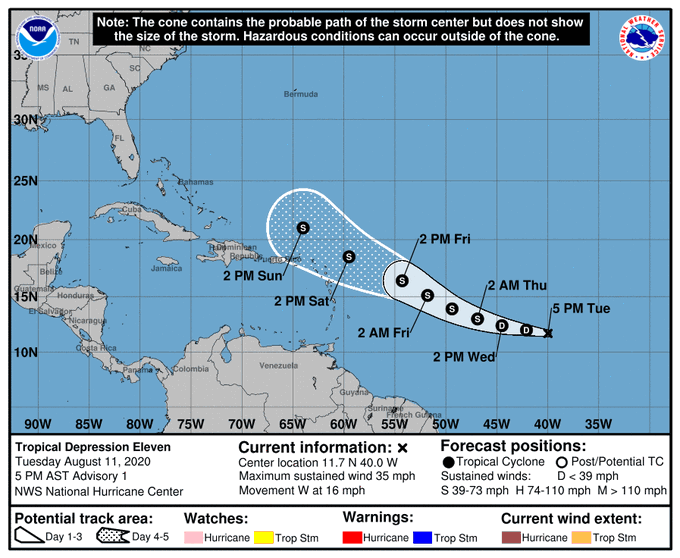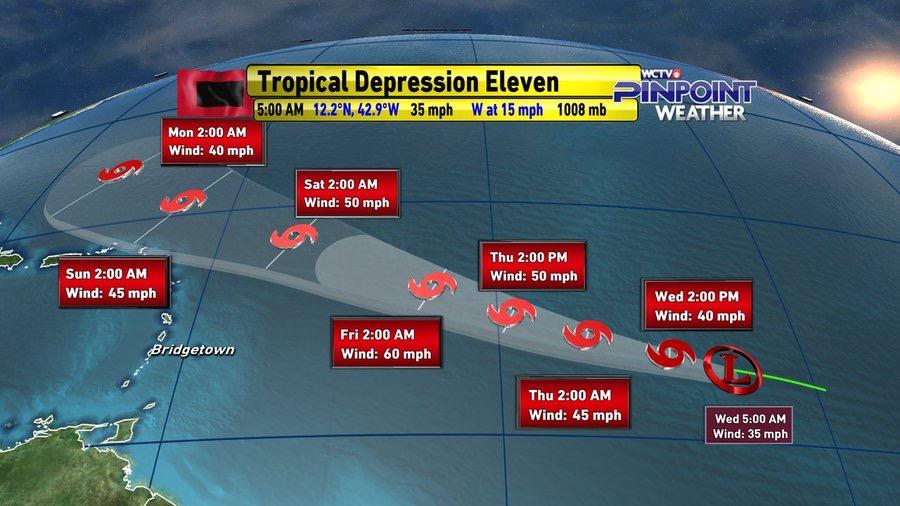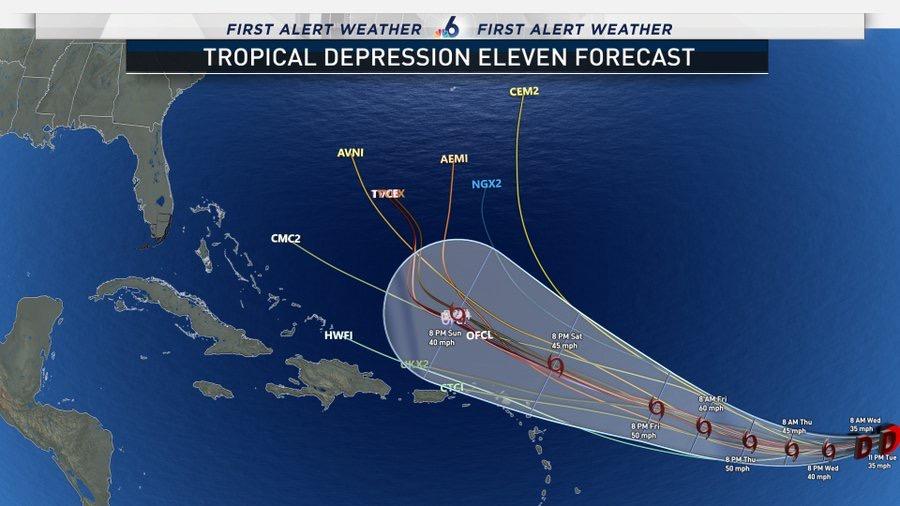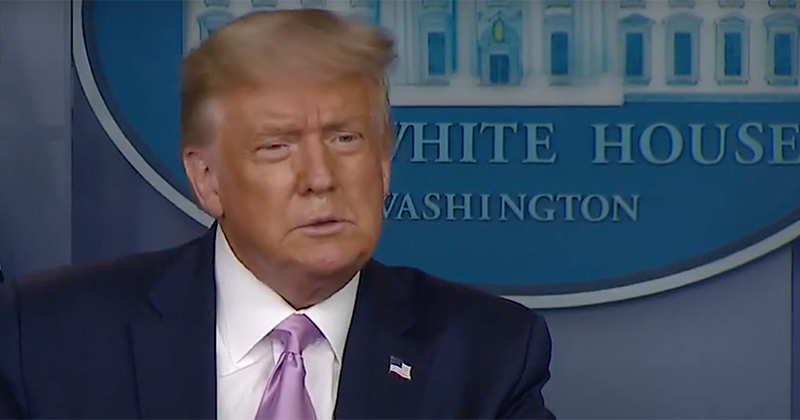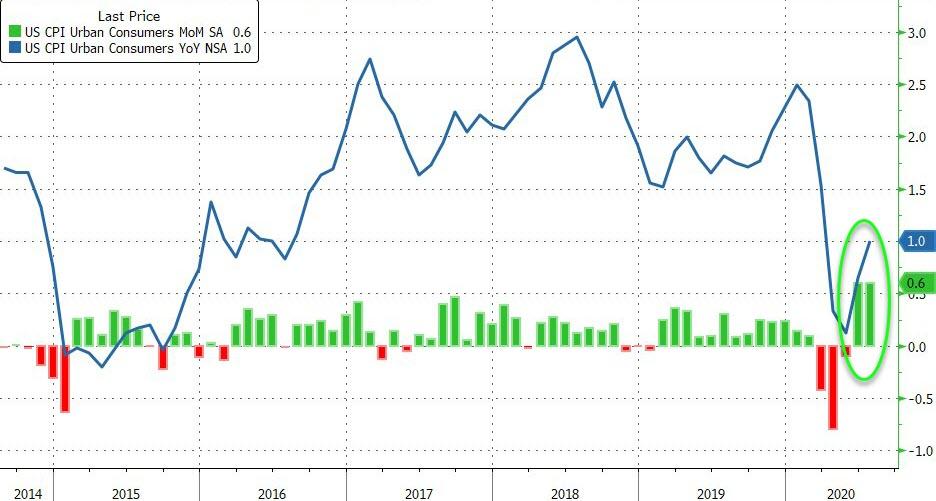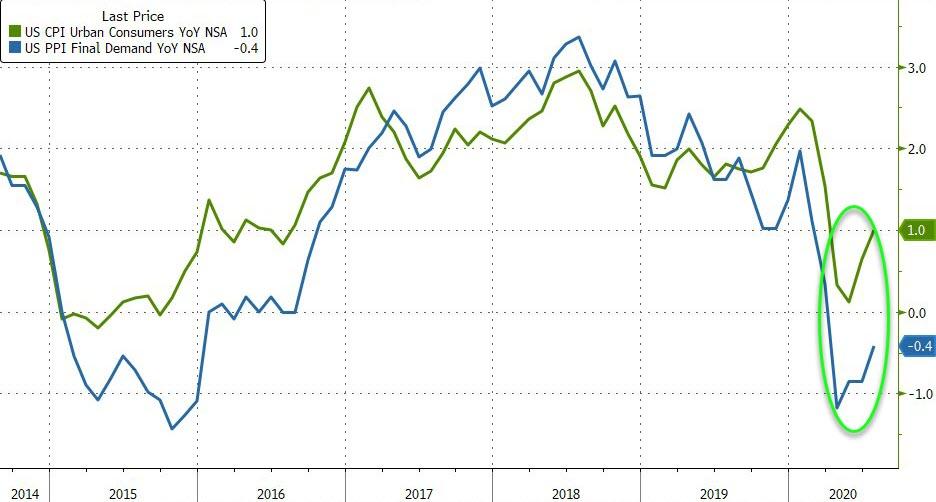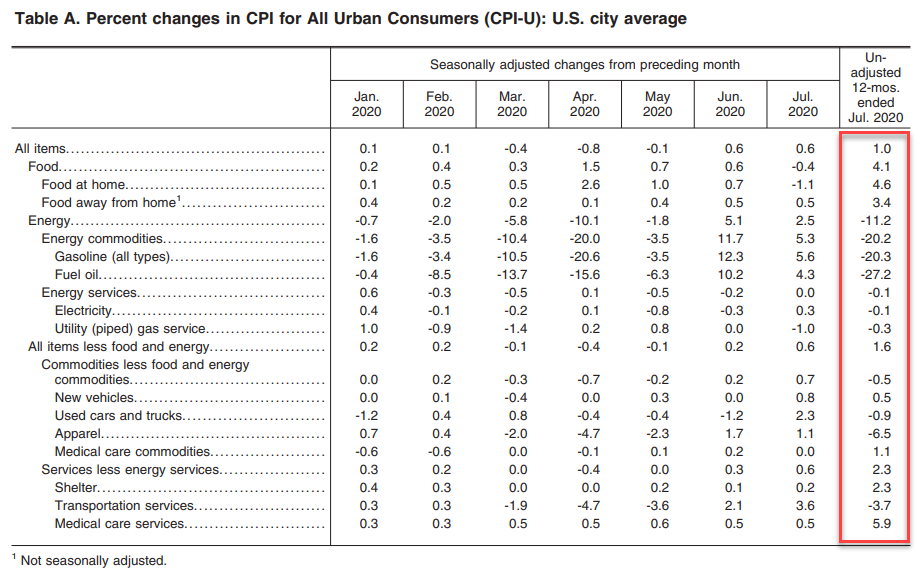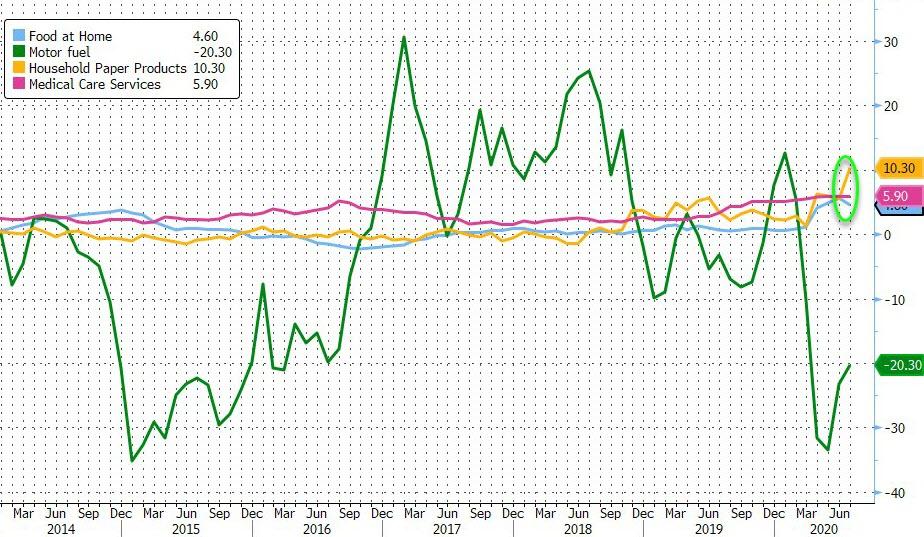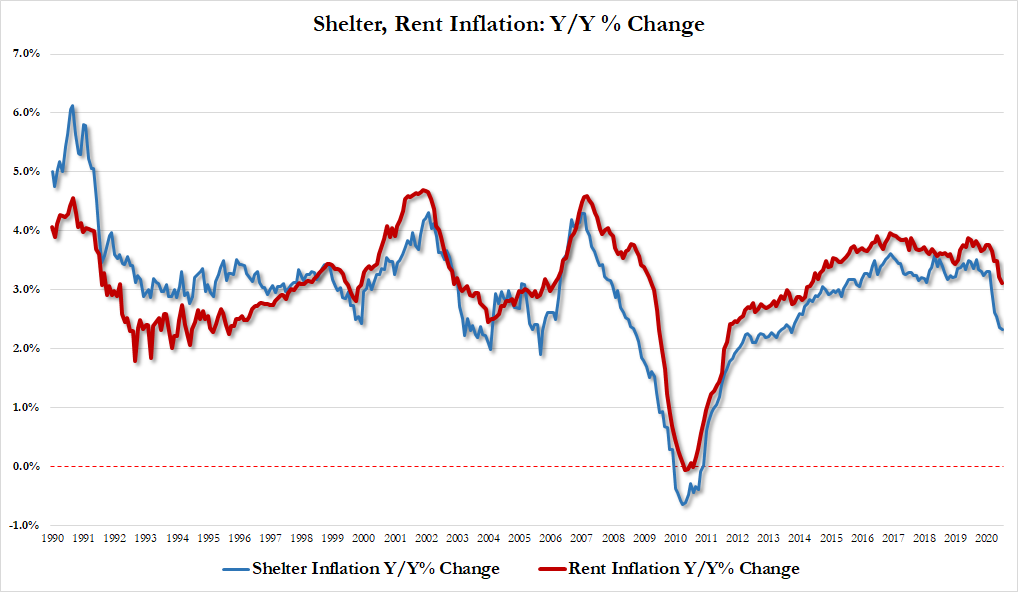“We Will Be Watching You”: Dems Put Media On Notice To Avoid ‘Racist Tropes’ Such As ‘Angry Black Women’
Tyler Durden
Wed, 08/12/2020 – 09:40
With Joe Biden having picked Kamala Harris as his running mate – the first Black woman on a presidential ticket, a group of DNC heavyweights including Valerie Jarrett and Michelle Obama’s former Chief of Staff, Tina Tchen, have penned a warning to media outlets against perpetuating ‘racist, sexist tropes.’
For example, “Reporting on and using pictures of women’s, particularly black women, show of anger at injustice or any other kind of passion in communication perpetuates racist tropes that suggest unfairly that women are too emotional or irrational in their leadership or worse “hate America.”
What?
“Reporting on whether a woman is liked (a subjective metric at best) as though it is news when the “likeability” of men is never considered a legitimate news story”
“Reporting, even as asides in a story on a woman’s looks, weight, tone of voice, attractiveness and hair is sexist”— Rising serpent 🇺🇸 (@rising_serpent) August 12, 2020
In short, criticizing Kamala Harris is now racist and/or sexist, and the authors of the aforementioned warning even invoke the death of George Floyd to ensure newsrooms know how serious they are.
“Our country — and your newsrooms — have learned a lot since the [death of George Floyd while in Minneapolis police custody] and the subsequent protests for racial equality that his death spurred … We know from public reporting that many of your newsrooms had internal conversations about your coverage, your diversity and your editorial judgments,” reads the letter in part.
“A woman VP candidate, and possibly a Black or Brown woman candidate, requires the same kind of internal consideration about systemic inequality as you undertook earlier this year,” it continues. “We are here to help you with this challenge … We intend to collectively and individually monitor coverage and we will call out those we believe take our country backwards with sexist and/or racist coverage. As we enter another historic moment, we will be watching you.“
Unreal – left wing operatives warn (aka threaten) the media “we will be watching you” regarding their coverage of @KamalaHarris h/t @HeyTammyBruce – Democratic Party sets rules for criticizing Biden’s VP pick Kamala Harrishttps://t.co/kROph2sR83
— Sean Spicer (@seanspicer) August 12, 2020
In short, media outlets can’t point out that:
– Kamala Harris’s career was launched when she slept with former California lawmaker Willie Brown, who was married at the time.
— Carrie NH 🇺🇸 (@CarrieLCNH) January 27, 2019
– Her father, respected Jamaican academic Donald Harris, wrote about their family’s ownership of slaves.
– The senior Harris also slammed Kamala after she tried to leverage her Jamaican roots to try and sound cool on “The Breakfast Club”
Q: They say you oppose legalizing weed.
KAMALA HARRIS: That’s not true.
Q: I know.
HARRIS: And look, I joke about it — half-joking — half my family’s from Jamaica. Are you kidding me?…
Q: Have you ever smoked?
HARRIS: I have. pic.twitter.com/dABtHKPGUG— Kyle Griffin (@kylegriffin1) February 11, 2019
– When she was California AG, Harris tried to keep inmates locked up to maintain a supply of cheap (mostly minority) labor.
Careful media, they’re watching…
via ZeroHedge News https://ift.tt/2PHKA3Q Tyler Durden

